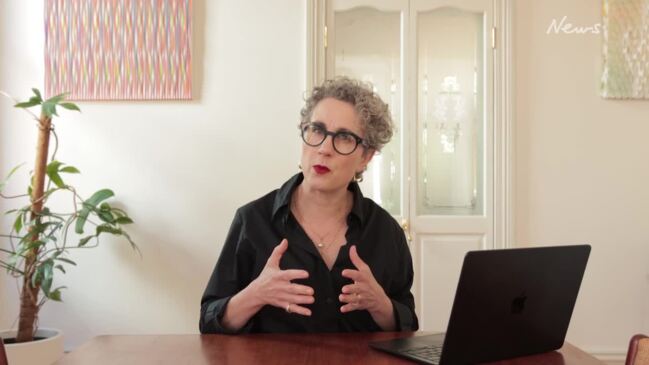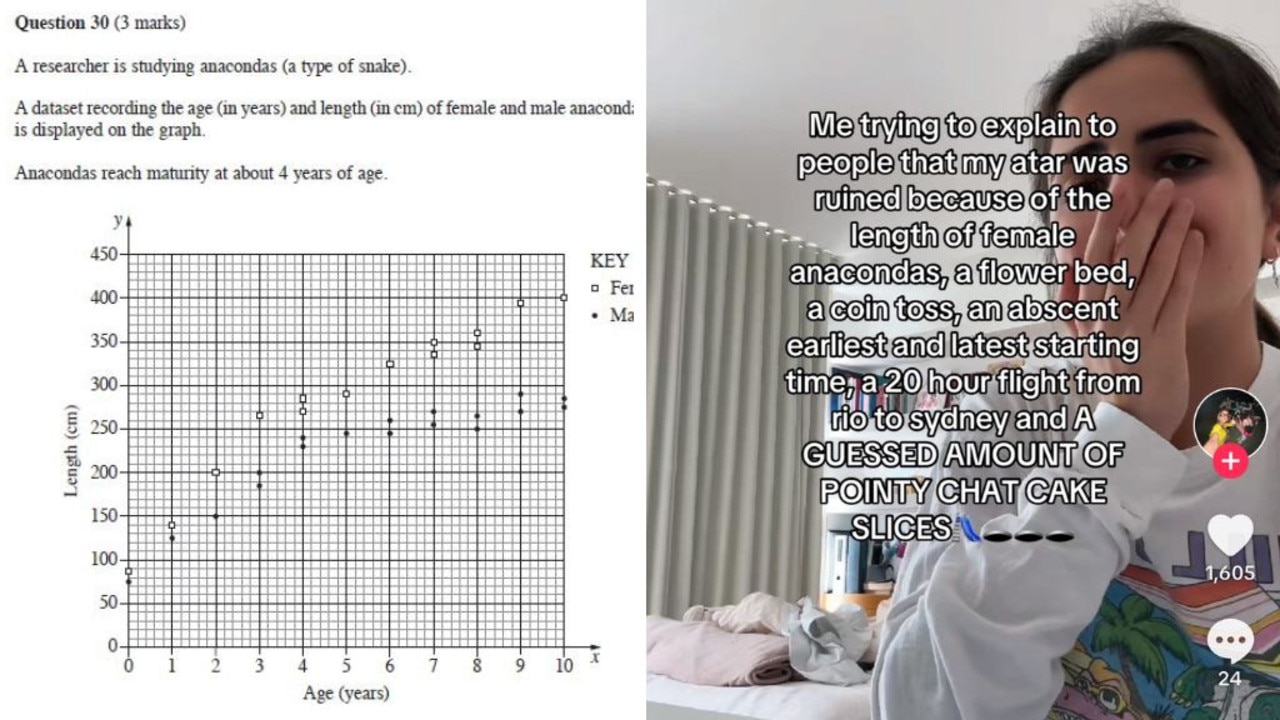HSC English Paper 2: Marker’s ‘dos and don’ts’ for standard, advanced exams
An ex-marker and an expert tutor combined to provide handy tips for the second English paper, which sits on Thursday. Read their last-minute guide for the dos and don’ts before the big exam.

Education
Don't miss out on the headlines from Education. Followed categories will be added to My News.
With two hours, three essays and a “wildcard” module, gaining top marks in the English paper 2 exam is no mean feat, but an ex-marker has revealed the secrets to maximising your marks while avoiding an “irritating” habit many students fall prey to.
Former HSC marker and Cluey Learning tutor Dr Selina Samuels said exam markers can always tell when students are bored by their own work, and when they can demonstrate “some modicum of interest in the set texts”, it comes as “breath of fresh air” for the marker.
“When you’re marking a lot of essays, one after the other usually after a long day at school, just having somebody who’s clearly, actually interested makes a huge difference,” she said.
“I recommend students re-read or re-watch their texts. Re-engage with your texts, and think about them from as broad a perspective as you can.”
Dr Samuels also warned students to avoid using language they don’t really understand in their essays.
“Often … I read essays that are just chock-a-block with polysyllabic, highly sophisticated, very esoteric language and quite clearly the student doesn’t understand it – they just put those words in to make themselves look smart.
“Examiners can see through that, and … it’s actually really irritating.”

Matrix Education English co-ordinator Dr Trish May said section III of the exam, Module C (aka the Craft of Writing), is a “really challenging” unit which is often difficult to prepare for.
“The exam questions are wildly different year to year. It could be a 20-mark question, write an imaginative piece using this stimulus, or it could ask you to write a creative piece for 12 marks, then for eight marks write a reflection that draws on the set text that you studied at school as part of this unit,” Dr May explained.
“I always tell students to be ready for anything.”
While left-of-field experiments with form can score highly, students in both the standard and advanced streams must prioritise the specifics of the question over uniqueness, she said.

“Markers get sick of reading the same clichéd pieces about teenage angst, and a student who can stand out by avoiding those cliches will be rewarded in their mark,” Dr May said.
“I don’t want to say there’s an advantage or a disadvantage in writing poetry, for example, but what markers are looking for is an answer to the specific question that they’re giving you.
“Markers are also often looking for quantity as well as quality, so if you were to produce a really controlled, beautiful poem … they might look at that and say you haven’t written enough.”
READ ALSO: TikTok star’s hacks to ace the HSC
DOS AND DON’TS FOR ENGLISH PAPER 2
DO:
•Know each module’s syllabus rubric:
“You can see from the rubric what kinds of ideas the question might lean towards, even though you can’t predict exactly what the question will be,” Dr May said. Dr Samuels said the rubric should reveal everything the markers will want from you: “(Students should) make sure that they understand why they’re studying what they’re studying.” Rubrics for each section are in the syllabus, which can be found on the NESA website.
•Use old papers for Modules A and B:
The English syllabus was reworked in 2017, but the first two modules are similar enough that pre-2017 HSC papers can be useful for those who have exhausted the last five years of exams. “The questions might not completely line up with the syllabus, but it might be close enough that it would be beneficial,” Dr May said.
•Scaffold your essays:
“Make sure that you take two to three minutes at the beginning of each section to plan a response, just so that you make sure you’re actually answering the question,” Dr May said.
•Re-read your set texts over the holidays:
“Treat re-reading the text as something like relaxation if you can. If you’re too tired to do any more physics work or write a practice essay, you could probably sit down and watch an hour of the Shakespeare play you’ll have to write about. Students will have forgotten bits of the text – it’s just really good to have that refresher,” Dr May said.
DON’T:
•Memorisation for Module C is a risky gambit:
“Be prepared to write in any of the forms specified on the syllabus. You may need to write a reflection, or not, or a creative nonfiction piece. Go in with characters and scenarios that you’re capable of adapting, rather than memorising pieces,” Dr May said.
•Beware words you don’t really understand:
When students use ‘big words’ in their essays but don’t actually know how to use them, markers will always spot it, Dr Samuels said. “Use the most sophisticated vocabulary that you understand … (otherwise) you might end up saying silly things.”
•Don’t just quote from Chapter 1:
“Students need to make sure that their evidence is drawn from across the entire text, so that they can show the marker they’ve read that whole Shakespeare play for example, not just Act 1 Scene 2,” Dr May said.
•Collaborate, don’t compete:
Forget about your rank now that your in-school assessments are over. “Form study groups with your peers … that’s a really useful tactic, collaborating rather than treating everything like it’s a competition. Once the trial is over, the rankings don’t matter, it’s how you do as a cohort from your school that matters,” Dr May said.





